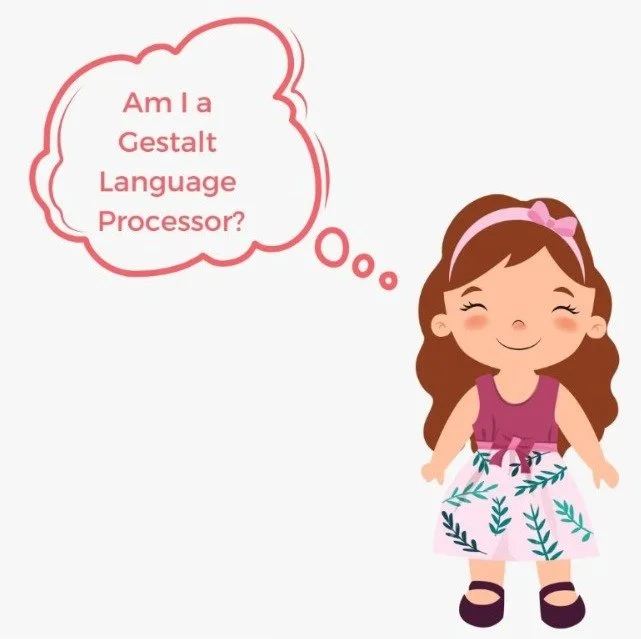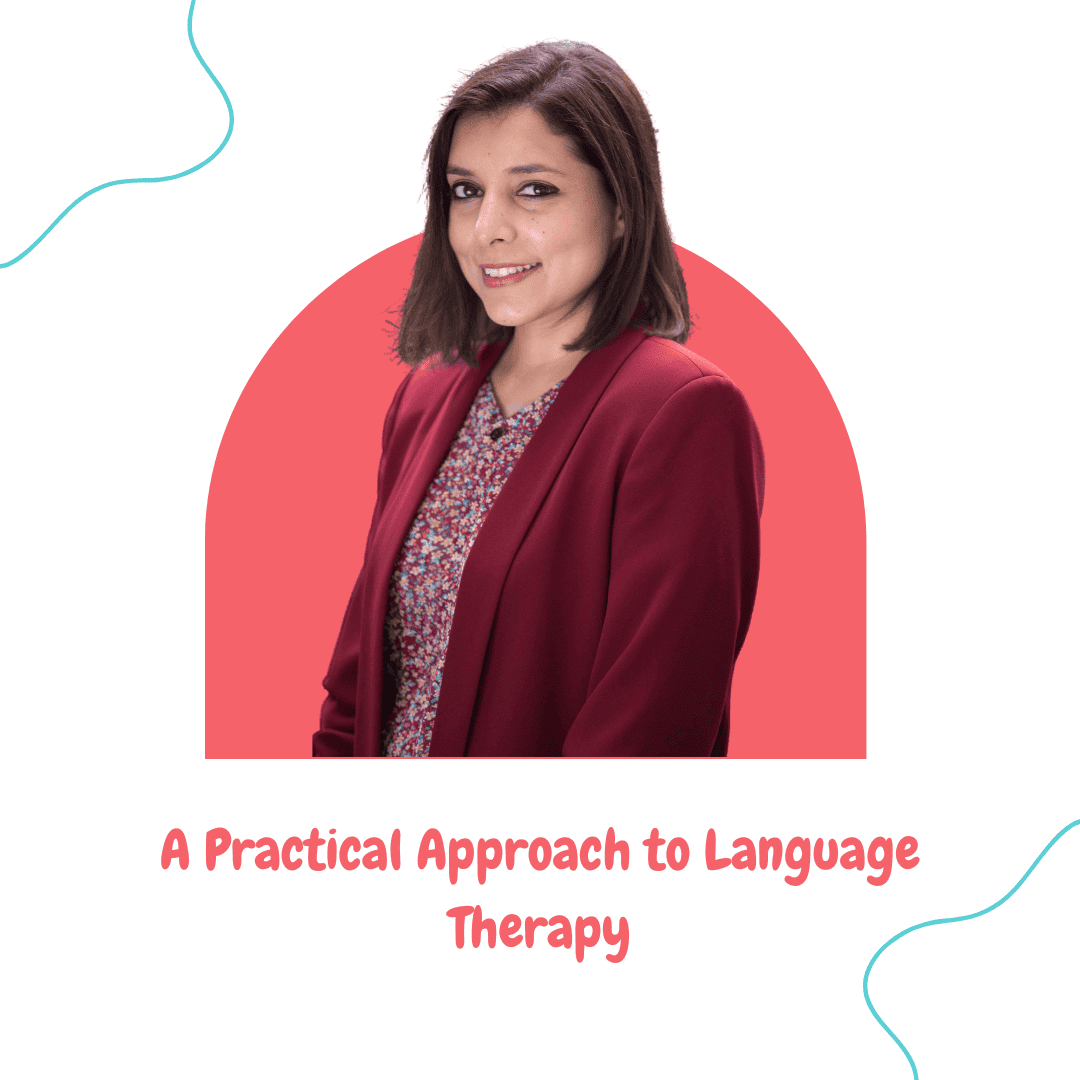Empowering Communication, Inspiring Growth.
Speech and Language Therapy in Singapore!
At Wonder Words Therapy, we believe that speech and language therapy is most effective when it's built on a foundation of trust and understanding. Our experienced therapists take the time to connect with your child, creating a safe and playful environment where they feel comfortable expressing themselves. We then craft personalized therapy plans based on your child's unique interests, ensuring that every session is engaging and motivating. But we don't stop there. We work closely with you, the caregiver, providing guidance and support so that you can continue the learning and growth at home. Together, we'll empower your child to find their voice and communicate with confidence.
Our Philosophy
Trust comes First
Each child is unique, and the foundation for every child’s development is the same - safe, strong relationships. We, at Wonder Words, dedicate ourselves to building this bond of trust with our children and their families.
Kids Learn when it’s Fun
Kids learn best when they are enjoying themselves; which is why fun is at the heart of our sessions! Our therapy is built around the specific interests of your child to ensure they have a joyful, engaging experience.
It takes a Village
Our focus is not only the child, but the whole family and support network. We believe in empowering parents and teachers with tools that allow them to be their child’s primary supporters in development.
Pediatric Speech and Language Therapy Services
We offer speech therapy to help children overcome articulation difficulties, phonological challenges (delays and disorders), and stuttering, empowering them to communicate clearly and confidently.
Through comprehensive assessments and personalized therapy plans, we address both expressive and receptive language difficulties, enabling children to understand and express themselves effectively.
Our home-based feeding therapy provides a supportive environment to address feeding challenges, ensuring mealtimes become positive experiences for both children and their families.
We empower parents and caregivers of children with communication difficulties through Hanen-certified training programs, equipping them with practical strategies to enhance their child's language and social interaction skills within the context of everyday routines and play.
Our engaging Wonder Words Social Groups provide a safe space for children to develop crucial social skills, build confidence, and forge meaningful connections with their peers.
We provide a range of speech, language, and social skills services within the school environment, fostering collaboration between therapists, teachers, and families to ensure holistic support for each child's communication development.
a communication-focused
EARLY INTERVENTION PROGRAM
SLT-led Communication Focused Program
Daily one-on-one Speech Therapy, Occupational Therapy & EI Learning
Where We Provide Therapy
-

Our Centre
Our centrally located therapy center on River Valley Road is equipped with a gym and all the tools to support your child's speech and language development.
-

Your Home
Some children benefit most from therapy in their familiar environment. This helps parents and caregivers to be closely involved in the therapy process, and allows children to apply newly learned skills to their everyday lives.
-

Your Child's School
We can collaborate with your child's school, providing therapy on-site and working closely with their teachers to ensure holistic support.
-

Teletherapy
We offer convenient teletherapy sessions for those who prefer or need remote services. Our online sessions maintain the same high quality of care as in-person therapy.
Why Choose Wonder Words Therapy?
Proud member of
Featured on
TESTIMONIES

Get Started with Speech and Language Therapy in Singapore Today
If you or your loved one is experiencing speech or language difficulties, don't wait to seek help. Early intervention and timely therapy can make a world of difference. Contact Wonder Words Therapy today to schedule an assessment and take the first step towards better communication
How to Book an Appointment
For more information about our services and to book an appointment, contact us. Our friendly staff is ready to assist you with any inquiries and guide you through the process of starting therapy. Let Wonder Words Therapy be your partner in achieving clear and effective communication.
Frequently Asked Questions (FAQs)
-
Speech and language therapy is a specialised field aimed at helping individuals improve their communication skills. It involves the assessment, diagnosis, and treatment of speech, language, and swallowing disorders. Therapists work with children who experience difficulties such as stuttering, articulation problems, language delays, and voice disorders. The therapy can also address cognitive-communication impairments and social communication issues. The goal is to enhance the individual's ability to communicate effectively, thereby improving their overall quality of life.
-
You might consider speech therapy if your child shows signs of delayed speech or language development, such as not meeting typical developmental milestones for their age. Common indicators include difficulty pronouncing words, limited vocabulary, trouble understanding or following directions, and problems with social communication. If your child is noticeably behind their peers in these areas, or if their speech issues are affecting their daily life, it is advisable to seek an evaluation from a qualified speech-language therapist who can provide a thorough assessment and recommend appropriate interventions.
-
During a speech therapy session, the therapist will conduct activities tailored to the child's needs. This might include activities to improve articulation, language comprehension, expressive language skills, and social communication. For children, sessions often incorporate play-based activities to keep them engaged. Each session typically lasts between 30 minutes to an hour, and progress is regularly reviewed to adjust the therapy plan as needed.
-
The duration of speech therapy varies widely depending on several factors, including the nature and severity of the speech or language issue, the child's age, and their engagement with the therapy process. Some children may see improvements within a few weeks or months, while others might require ongoing therapy for a year or more. Consistency and active participation in therapy, as well as support from family and caregivers, can significantly influence the speed and extent of progress.
-
Yes, speech therapy is highly effective for kids. It can help those who have experienced speech and language issues due to various conditions, including developmental delays, autism, hearing loss, and other medical conditions. Paediatric speech therapy focuses on improving communication abilities and enhancing aspects like articulation, fluency, and voice quality. Additionally, speech therapy can assist children in overcoming long-standing speech disorders, such as stuttering, enhancing their confidence and ability to communicate effectively in social and academic settings.
-
Yes, speech therapy can significantly help with swallowing difficulties, also known as dysphagia. Speech-language therapists are trained to assess and treat swallowing disorders through various exercises and techniques designed to strengthen the muscles involved in swallowing and improve coordination. They may also provide dietary recommendations and teach safe swallowing strategies to reduce the risk of choking and aspiration. Effective management of dysphagia can greatly enhance the quality of life and nutritional intake for affected children..
-
Parents and caregivers play a crucial role in the success of speech therapy for kids. They are often involved in therapy sessions and are provided with strategies and activities to reinforce at home. Consistent practice and encouragement from parents can accelerate progress and help children generalise the skills learned in therapy to their everyday environments. Collaboration between the therapist and the family ensures that the therapy is tailored to the child's specific needs and that parents are equipped to support their child's communication development effectively.
-
When choosing a speech therapist, consider their qualifications, experience, and areas of specialisation. Ensure that the therapist is certified and registered with a professional body such as the Allied Health Professions Council (AHPC) in Singapore. It is also important to select a therapist who has experience working with the specific age group and type of speech or language disorder your child or family member is experiencing. Reading reviews, seeking recommendations, and having an initial consultation can also help determine if the therapist is a good fit for your needs.
-
Speech therapy and language therapy are often used interchangeably, but they address different aspects of communication. Speech therapy focuses on the mechanics of speaking, such as articulation and fluency. It deals with how sounds and words are formed. Language therapy, on the other hand, addresses understanding and using language. This includes comprehension, vocabulary, sentence structure, and expressive language skills. While speech therapy might work on pronunciation and speech clarity, language therapy could involve improving grammar and expanding vocabulary.
-
Yes, teletherapy sessions can be just as effective as in-person speech therapy, especially when conducted by a skilled therapist. Teletherapy uses video conferencing tools to provide real-time interaction between the therapist and client, allowing for flexible and accessible therapy sessions. This mode of therapy can be particularly beneficial for individuals with mobility issues, those living in remote areas, or during situations that limit physical contact, such as the COVID-19 pandemic. Studies have shown that teletherapy can achieve comparable outcomes to traditional face-to-face sessions, making it a viable option for many clients.
Follow Us on Instagram
Events



























